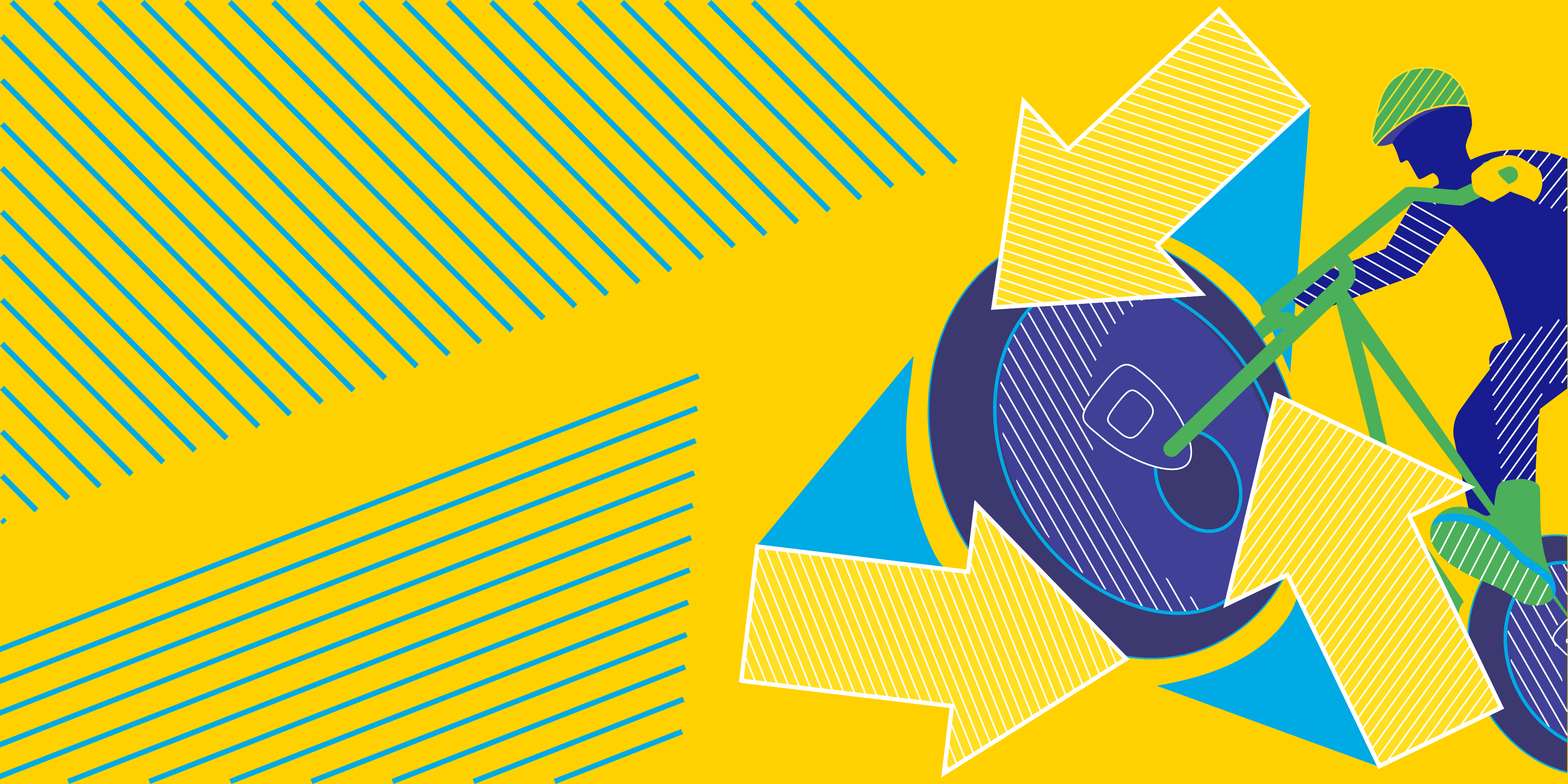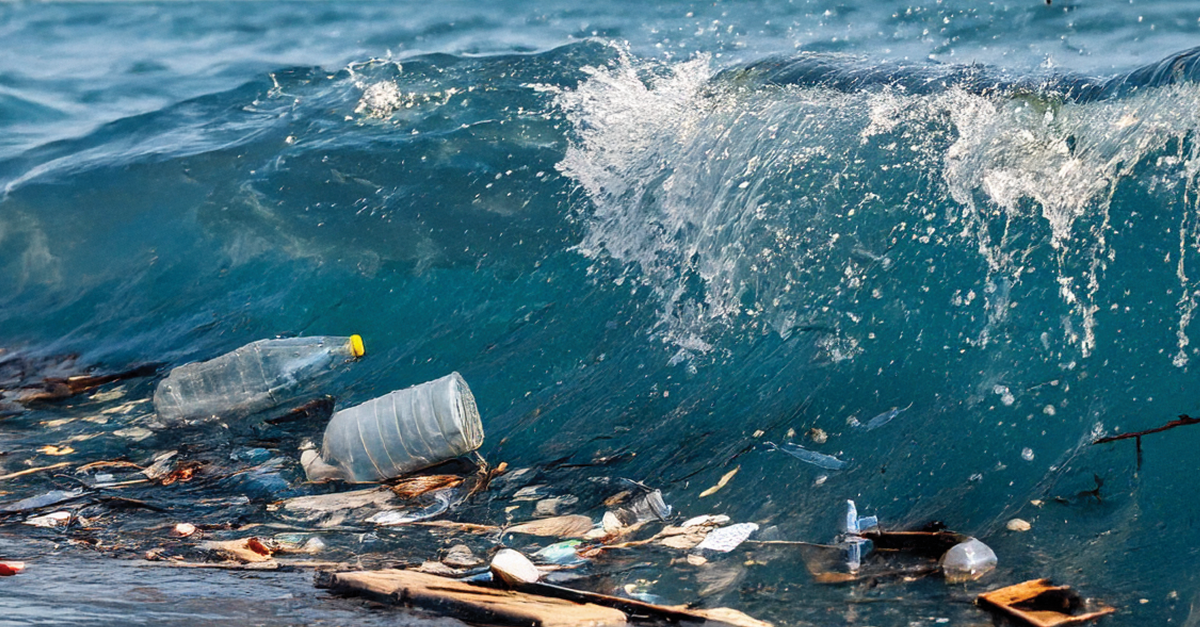April 22, marks Earth Day – an annual event dedicated to preventing the degradation of the natural environment. Land degradation is the deterioration or loss of the productive capacity of the soils, resulting in food insecurity, higher food prices, climate change, environmental hazards, and the loss of biodiversity and ecosystem services. It is currently threatening the livelihoods of many Africans with resource-based livelihoods, as it is happening at an alarming pace.
Our land has a tremendous economic, social, and environmental value, and unfortunately, a good deal of it is susceptible to degradation. In South Africa, 70% of the land is affected by soil erosion, according to research.
While soil erosion is a natural process through which topsoil is lost to wind, rain, and other forces, it has been intensified by human activity, such as clearing vegetation, soil tillage or overgrazing - resulting in negative environmental, societal, and economic impacts. Poor farming practices as well as the trend toward agricultural intensification have been identified as major causes of erosion.
Scientists recently warned that 24 billion tons of fertile soil was being lost annually, and if this trend continues, 95% of the Earth’s land areas could become degraded by 2050. Furthermore, The World Wide Fund for Nature reveals that Half of the topsoil on the planet has already been lost in the last 150 years.
Additionally, climate has accelerated erosion through the changes in rainfall and water levels as they shift soil, resulting in larger amounts of sediment washing into rivers, lakes and streams. Temperature fluctuations have made topsoil more vulnerable to erosion, while droughts have prevented plants from growing in some parts of Africa, further exposing soil.
The effects of soil erosion on the land and humankind
The effects of soil erosion go beyond the loss of fertile land. Streams and rivers have become polluted, resulting in clogged waterways and declining fish populations. Additionally, degraded lands are often less able to hold onto water, which can worsen flooding.
In order to improve people's livelihoods, we must act now to reduce climate change, and stop the extinction of biodiversity.
The global mission to revive billions of hectares, from forests to farmlands by 2030 may sound overly ambitious, but through sustainable land use, it is possible.
Where do we begin?
We need to encourage our cities to go green, ensure that our rivers are clean, and manage our waste efficiently. Despite being universal, waste presents a host of broader challenges that affect not only human health and livelihood, but also the economy and the soils that surround us.
While we cannot speak for other industries, we can commit to driving and educating industries on the importance of sustainable waste management practices as part of the overall strategy to improve land degradation statistics and support other processes that impact land processes. Such practices include - Waste Classification, Waste Re-use andRecycling, Bioremediation, Waste Treatment, as well as Safe Destruction & Disposal - can have a profound effect from an economic and environmental point of view. When implemented correctly, these solutions not only reduce the impact on biodiversity and ecosystems, but also contribute to the long-term sustainability of South Africa's wildlife, oceans, and economy.
By reusing, recycling, and repurposing, we can truly generate restoration and contribute to the much-needed change in our land viability heading into the future. Now is the time to identify ways to preserve the land better and to act for the enrichment of Africans and the future of food stability.





SUBMIT YOUR COMMENT